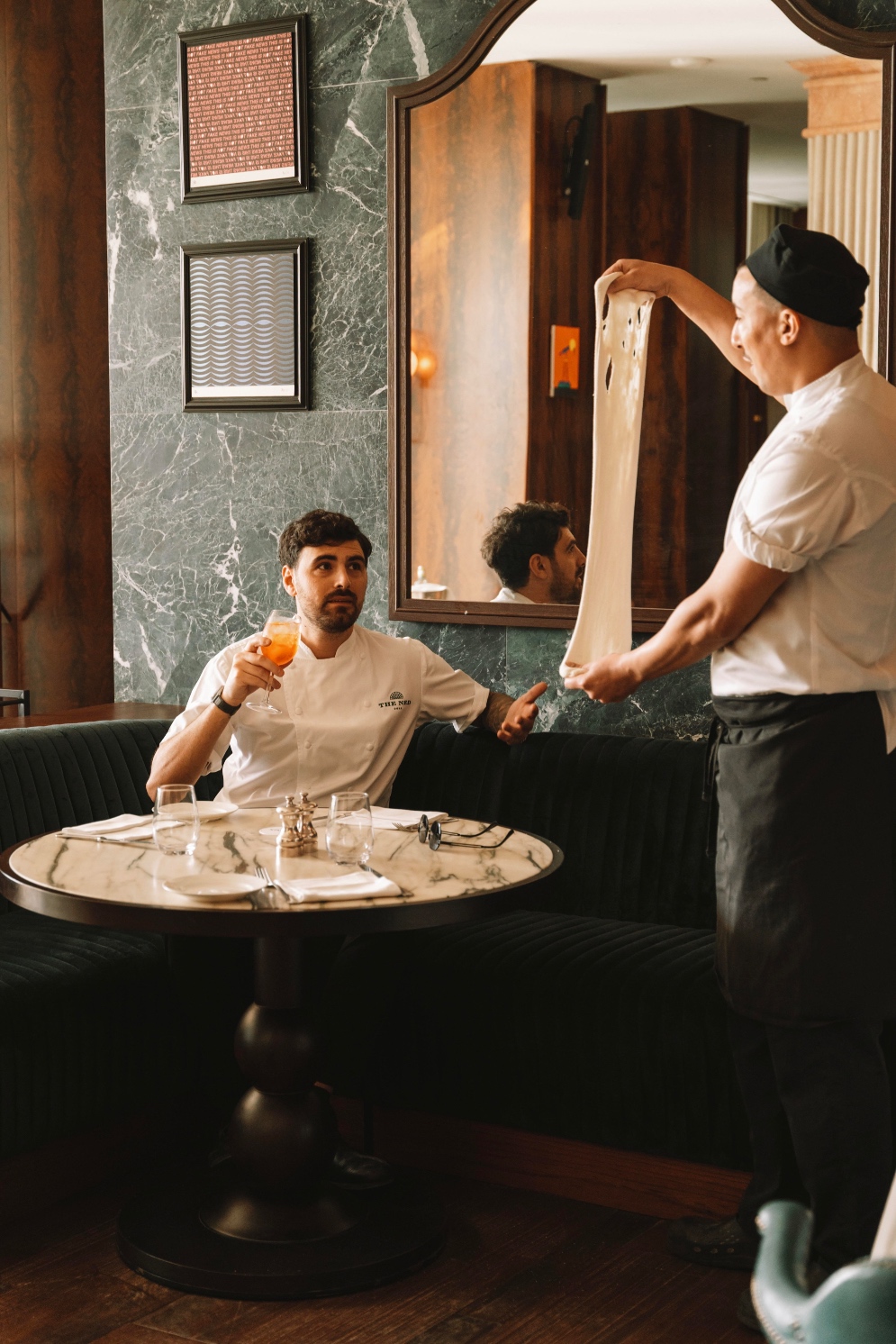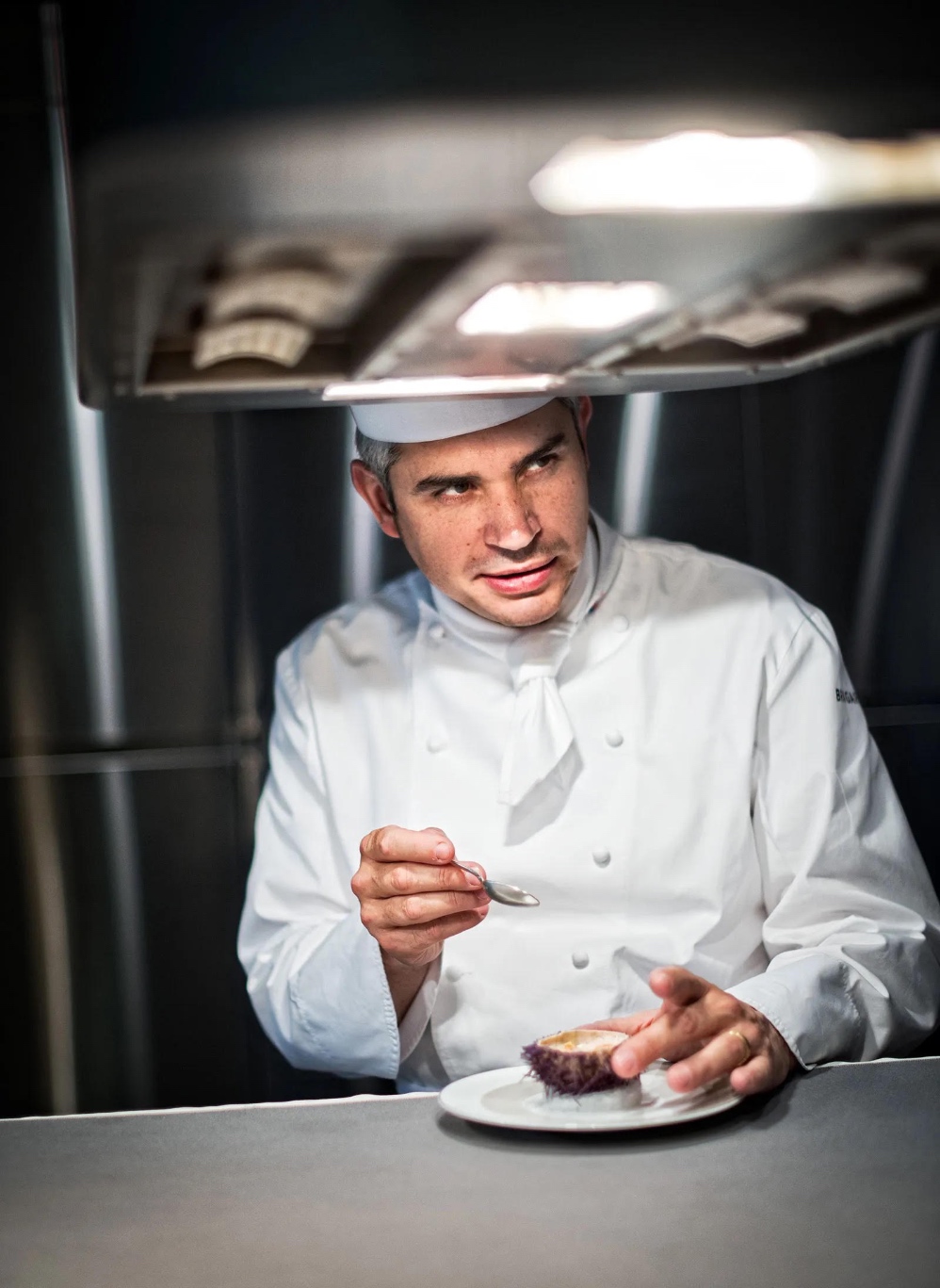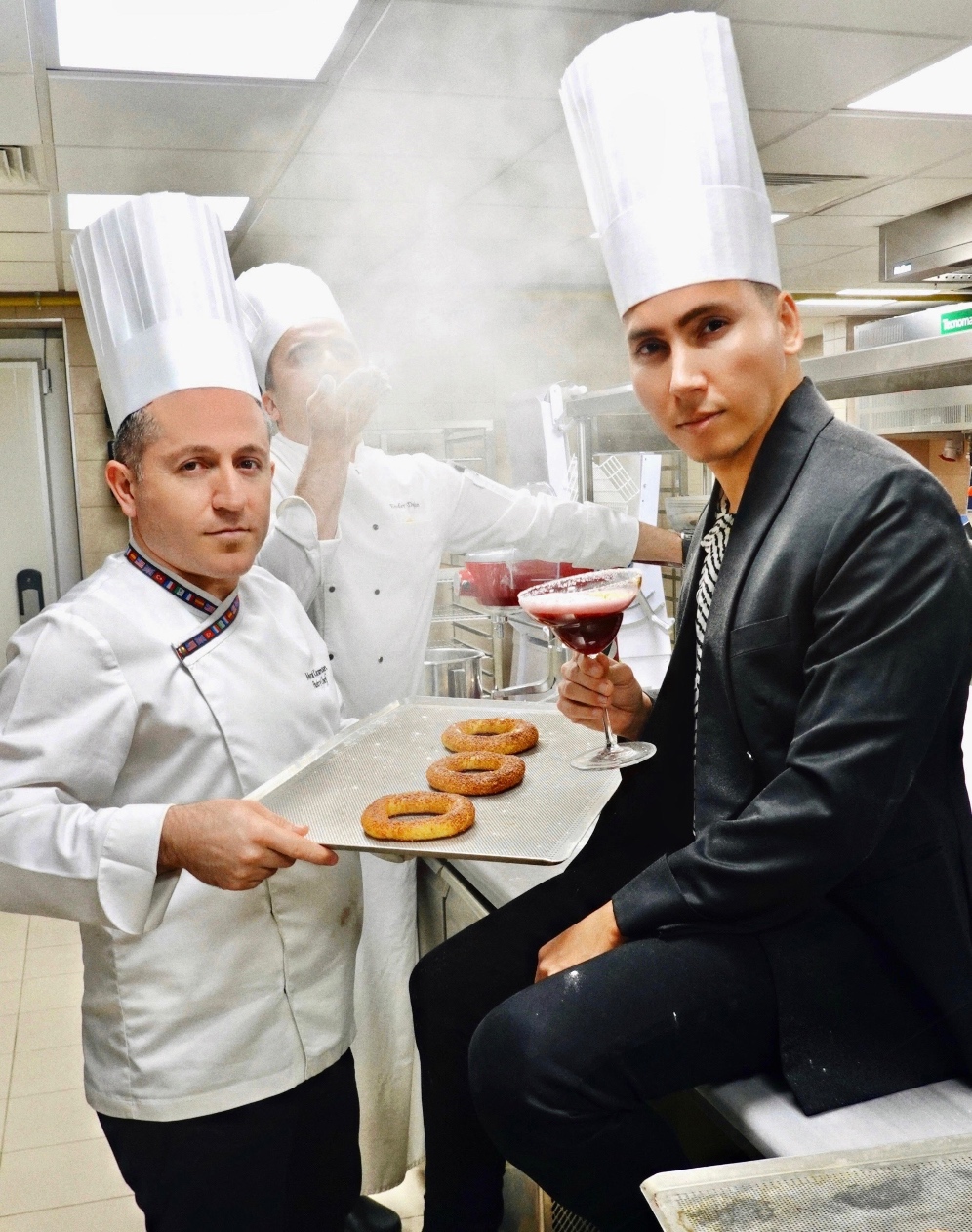
In the ruthless arena of high-end cooking, where each plate is carefully prepared and every taste is designed to delight, there is an unyielding quest for excellence. At the center of this quest is the esteemed star rating system, a seemingly harmless indicator that can propel or ruin a chef’s career and a restaurant’s standing. However, beneath the glitter and prestige of Michelin stars and other renowned awards lies a grim reality: the challenge of keeping pace with the constantly evolving criteria of the culinary elite.
Ratings for restaurants, especially those given by respected guides like the Michelin Guide, have long been considered the ultimate endorsement of culinary distinction. Yet, the standards on which these ratings are formulated are frequently opaque, leaving chefs and restaurant owners fumbling in their efforts to gain acclaim. What one reviewer celebrates as worthy of three stars, another may regard as merely average, illustrating the inherently subjective nature of the entire evaluation process.
Compounding this dilemma is the belief that the more extravagant a restaurant, the greater its chances of receiving high accolades. There is no denying that Michelin inspectors often prefer fine dining venues with opulent interiors and pricey tasting menus. This leads to a vicious cycle where chefs feel the urgency to consistently innovate, stretching the limits of creativity and complexity in an attempt to captivate the judges.
What occurs when the relentless quest for culinary perfection becomes unmanageable? For numerous chefs, the anxiety to attain and sustain a cherished star rating can become unbearable, resulting in burnout, mental health issues, and in dire instances, even suicide. The unending scrutiny, the persistent fear of setbacks, and the excessive burden of expectations can severely affect even the toughest individuals.
Take the tragedy of Chef Benoît Violier, a symbol of excellence in Michelin-starred cuisine, as a relevant example.
 The late Chef Benoît Violier
The late Chef Benoît Violier
Not long ago, a shocking incident occurred following the release of the 2016 Michelin guide to France, shaking the culinary community with the tragic loss of Benoît Violier, a culinary genius revered at the esteemed Restaurant de l’Hôtel de Ville. Violier, the personification of Michelin’s highest praise with three prestigious stars, tragically fell victim to the unbearable pressures of his profession, leaving behind a profound legacy and a bereaved family.
The news of Violier’s suspected suicide sent reverberations through the industry, casting a shadow over what was anticipated to be a celebratory occasion for those basking in the delight of Michelin’s esteemed stars. With heavy hearts, the culinary world bid farewell to a shining star whose life was tragically cut short, leaving a wife and a young son to grapple with the aftermath of his untimely exit.
As individuals came together in solemn remembrance, the funeral procession reflected the scale of the loss, with fifteen hundred people paying their respects to a beloved figure. The heartbreaking exit of Violier highlights the insidious nature of societal pressures, reminding us of the precarious path traversed by those pursuing culinary excellence.
Located in the picturesque town of Crissier, near Lausanne, l’Hôtel de Ville has long stood as Switzerland’s pinnacle of culinary brilliance, though its legacy is stained by sorrow. From the illustrious tenure of Frédy Girardet to the premature death of Philippe Rochat, Violier’s predecessor, the restaurant’s history is intertwined with grief. With his passing, the culinary sector mourns yet another irreplaceable figure, a poignant reminder of life’s fragility and the unending chase for unattainable perfection.
In recent years, numerous high-profile chefs have succumbed to the overwhelming stress of their vocation. From celebrated culinary heavyweights to rising stars, the list of victims continues to lengthen, serving as a stark reminder of the risks associated with the pursuit of culinary achievement.
Why, then, do star ratings carry such weight in the culinary sphere? For chefs and restaurateurs, the explanation is straightforward: prestige and profit. A highly sought-after Michelin star can catapult a chef into celebrity status almost instantaneously, drawing in throngs of eager diners and lucrative opportunities. In contrast, a demotion or loss of stars can spell catastrophe for even the most esteemed venues, leading to financial downfall and irrevocable harm to their reputation.
Within this ongoing tragic spectacle of the relentless pursuit for culinary stars, the departures of iconic figures have left a lasting impact. Among them are the loss of legendary French chef Paul Bocuse, who died on January 20, and the heartbreaking suicide of multifaceted American chef and TV personality Anthony Bourdain on June 8. The culinary community also grieved the loss of celebrated French chef Joel Robuchon on August 6, whose empire featured over 10 restaurants collectively boasting more than 20 Michelin stars. These significant losses have inspired chefs globally to intensify their efforts, honoring the legacies of their mentors while striving to maintain the high standards set by their predecessors.
Reflecting on the shared sorrow, Richard Ekkebus, culinary director of the esteemed two-starred restaurant Amber in Hong Kong, expresses his grief for the void left by luminaries like Marchesi, Bocuse, and Robuchon. Ekkebus, personally impacted by his encounters with Robuchon, recalls the late chef’s precise preferences during his visits at The Landmark, Mandarin Oriental. The passing of such culinary legends has motivated Ekkebus to strive to offer a fraction of what these figures contributed to the culinary arts.

For Seiji Yamamoto, the chef-owner of the highly regarded three-starred restaurant Nihonryori Ryugin in Tokyo, these losses have led to a deep reassessment of his relentless work ethic. Yamamoto openly shares the effects of his demanding schedule on his health, prompting him to seek a more balanced approach to life. With a new focus on self-care and leisure activities such as scuba diving, Yamamoto aims to prolong his career in culinary arts.
Richie Lin, chef-owner of the innovative European restaurant MUME in Taipei, mirrors the grief felt over the losses, particularly regarding the impact of the passing of American food critic Jonathan Gold. Gold, a pioneer in food criticism, established a lasting legacy with his Pulitzer Prize-winning contributions, emphasizing the vast influence these departed icons held over the culinary world.
Ultimately, the pursuit of stars is a high-stakes gamble, with chefs and restaurants wagering everything in their quest for culinary renown. Yet as pressures mount and standards remain elusive, one must ask: is it truly worth it in the long run? Only time will provide an answer, but one fact stands clear: until the culinary community confronts the risks of its fixation on ratings and elitism, the mental health toll on chefs will persist.
The lingering question is, are we complicit in this flawed system?
For more on the latest in luxury lifestyle reads, click here.


